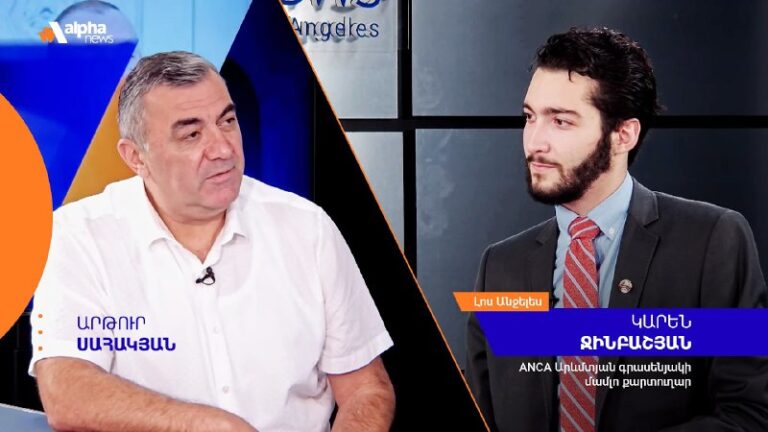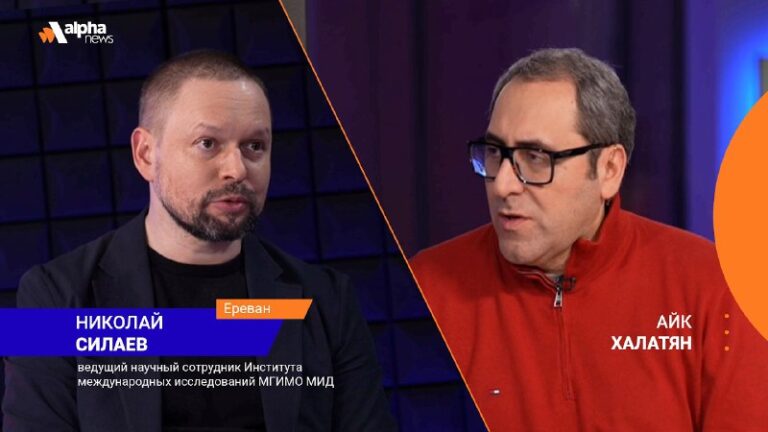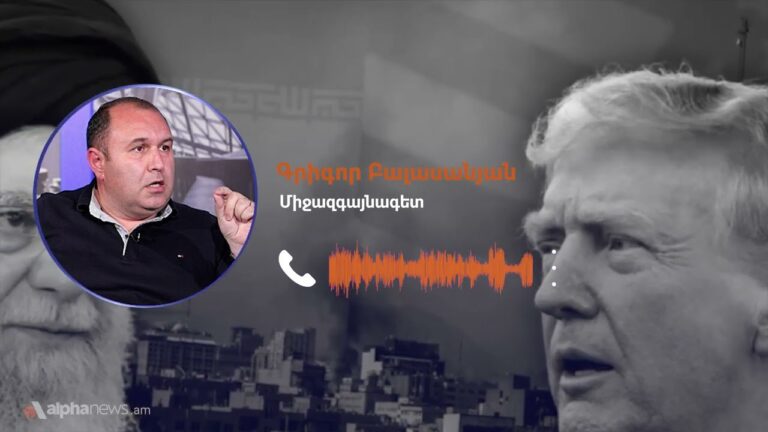Are the Armenian and Georgian churches in the forefront of global political trends?
May 23 2024, 14:30
Back in the early 2000s, a number of analysts and theorists stated that globalization, which affects the limitations of national sovereignty, the destruction of national and traditional values, gives a second wind to nationalism and conservatism. Globalization is leading to ideological and organizational changes in nationalist and conservative movements. To put it differently, back at the beginning of the century, it was possible to predict that societies were waiting for global changes, including ideological ones, and no matter how paradoxical it might sound, globalization, the lack of alternatives to a liberal worldview, and the organization of social life should have become the foundation of these changes.
It is no coincidence that, fighting today on the territory of Ukraine against the industrial West, Russia positions itself as a fighter for traditional values, which the same West wants to crush as much as it wants to get minerals from Russia. It is no coincidence that almost all opinion polls show that Euroskeptics and conservatives win the majority in the elections expected in Europe this year, both in the EU and the European Parliament.
If we look into the developments in Armenia around Archbishop Bagrat Galstanyan precisely in the context of these events, we will observe that these developments fit into those trends that were predictable back in the early 2000s.
In addition, there is another detail in the current situation, which practically no one in Armenia has paid attention to—despite the fact that this process is unfolding among our neighbors, the Georgians.
Liberal Western media, broadcasting information about the events in Georgia, focus on the protests against the adoption of the “foreign agents bill”. By interfering in Georgia’s domestic affairs, European officials support protesters by visiting the places of rallies and participating in marches along with them. However, Georgia has another reality as well. May 17 has been declared an official holiday in Georgia, the Day of Sanctity of the Family and Respect for Parents.
Tens of thousands of people took to the streets of Georgian cities on May 17 to take part in marches organized by the Georgian Patriarchate. The largest march took place in Tbilisi. Big rallies were also held in Batumi, Kutaisi, Mtskheta, Rustavi, Telavi and other cities of Georgia. People participated with their families, marched, and then attended a prayer service in churches.
Compare this with the developments in Armenia, where the Armenian Apostolic Church is trying to become a consolidating force in the country, and you may come to the conclusion that the two South Caucasian republics are at the forefront of the process, the trend for which was predicted decades ago.
From this point of view, the statements of Armenian officials, who frighten people with tales about attempts to establish a theocratic regime in Armenia, seem even more inappropriate. The active work of the church in Armenia and Georgia and the dominance of Euroskeptics in the EU are a natural reaction of societies to the fact that they have long been ruled by people who are destroying the foundations of national identity in exchange for a number of material goods offered by globalization.
Now you can see how inappropriate and ridiculous are the statements of some Armenian “politicians” (I apologize for the word politician), who today are thinking that it would be good to tax the church, demonstrating, to say the least, their incompetence and lack of knowledge that the church is already one of the largest taxpayers in Armenia.
The change in the world order that Pashinyan likes to talk about is not the surrender of territories to Azerbaijan in exchange for guarantees of personal security from Western partners.
Changing the world order means entering the social and political arena of the Christian Church, as well as “a growing wave of conservatism and progressive nationalism,” especially among those nations that have relied on Christian ethics for centuries.
Think about it…







